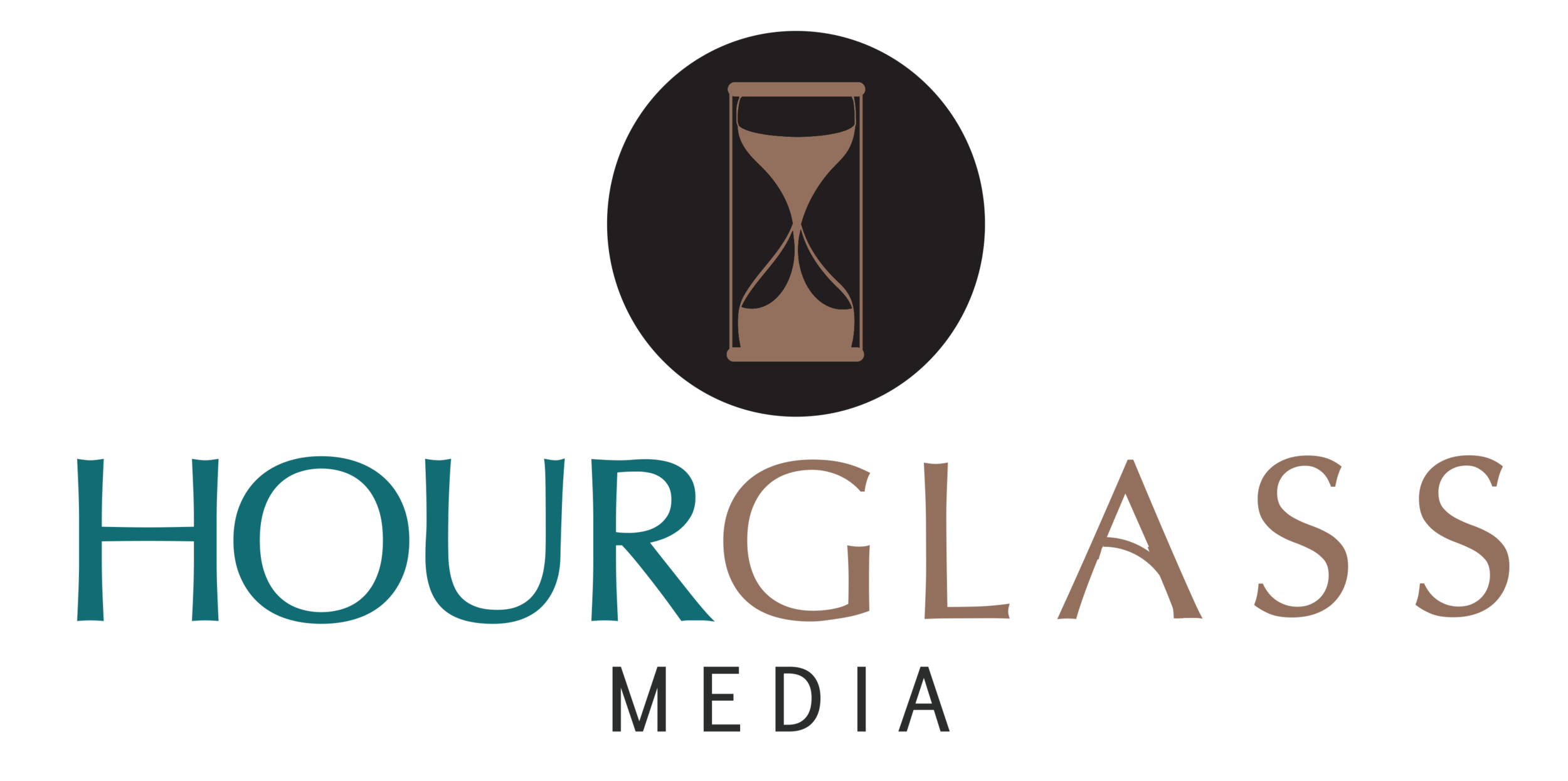What The Hospital Merger Could Mean For Our Citizens
⌛ By LeAnna Owens ⌛
The Cabell Huntington Hospital and St. Mary’s Medical Center merger may have more of an effect on the city of Huntington and more specifically the citizens of Huntington than many of us may realize. For some of you, this may be the first time you’ve heard about this merger, while others may vaguely recall something about the said merger in the news several years ago.
So, here’s the rundown.
Cabell Huntington Hospital first announced it would merge with St. Mary’s in 2014. Since then, they’ve had to get permission from the West Virginia Healthcare Authority, the Federal Trade Commission and the Vatican while also fighting a legal suit against the merger brought to the court by Steel of West Virginia.
The suit was dropped and permissions were (finally) given. The Vatican gave the final permission needed to proceed in March of this year.
Now, nearly four years after the first merger announcement, Cabell Huntington Hospital can finally purchase St. Mary’s Medical Center. There are both positive and negative views about the merger. Citizens I’ve spoken to worry about the merger creating a monopoly of health care in our region, while others think this merger will create stability and growth in our health care system.
Though there isn’t a way to know for sure what this merger will mean for the city of Huntington, there are research studies on other hospital mergers from all over the nation.
Martin Gaynor, a Professor at Carnegie Mellon University and former Director of the Bureau of Economics at the U.S. Federal Trade Commission in a statement to U.S. House of Representatives on Health Care Industry Consolidation in 2011 shared some of these studies with the House.
Basically, these studies found that after a merger takes place, prices for medical services go up while quality goes down.
Gaynor states multiple examples of prices being raised for medical services after a merger took place. One such example of a hospital merger in Chicago found “a price increase of 20 percent due to that merger,” said Gaynor.
Gaynor also stated to the House that these higher prices affect the individuals who go to this hospital more than their insurers or employers.
The reason that higher prices affect individuals more than their insurers or employers is that “research evidence consistently shows that higher health insurance costs for employers are passed on to employees in the form of lower wages,” said Gaynor meaning that this merger has the potential to lower Huntington workers’ wages.
When the quality of care of a hospital is measured, it’s measured in mortality rates (isn’t that a sunny thought). After the merging of other hospitals, this study found that mortality rates rose because the quality of care lowered.
Although this has been proven to be true of other mergers, no one can say for sure what the future holds for the citizens of Huntington or our health care.
Copyright © MMXVIII Hourglass Omnimedia, LLC
LeAnna Owens is a Marshall University student debuting as Hourglass Omnimedia’s first intern. She lives in Milton, WV.
⌛ ⌛ ⌛

